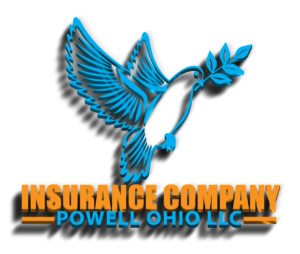
Workers' Compensation Guide: What You Need to Know
When it comes to protecting both employers and employees, workers’ compensation is essential. Whether you’re a small business owner, an HR professional, or an employee, understanding workers’ compensation is crucial for maintaining a safe and secure workplace. This guide will walk you through what workers’ compensation is, why it matters, and how it impacts everyone involved.
What Is Workers' Compensation?
Compensation is a form of insurance that provides employees with benefits if they sustain an injury or illness while performing work duties. These benefits can cover medical expenses, lost wages, and even rehabilitation. For employers, it offers protection against lawsuits stemming from workplace injuries.
It’s designed as a safety net that not only supports workers who are hurt on the job but also provides businesses with a structured way to handle risks and liabilities.
Why Is it Important?
For employees, it ensures financial support during a challenging time. For employers, it demonstrates a commitment to the wellbeing of their workforce while minimizing legal risks. Having ‘ compensation coverage in place also ensures compliance with state regulations, as most states mandate it for businesses.
How Does Workers' Compensation Work?
To better understand how iy operates, let’s break it down into three key components:
1. Types of Benefits Covered
Typically offers the following benefits to employees:
- Medical Coverage: For necessary treatments, care, and hospital visits.
- Wage Replacement: A portion of wages lost due to the inability to work after an injury.
- Disability Benefits: For temporary or permanent disabilities resulting from a workplace injury.
- Vocational Rehabilitation: Support for retraining or transitioning employees to new roles if they’re unable to return to their previous job.
2. Filing a Compensation Claim
If an employee gets injured or falls ill while on the job, here’s the typical process for filing a claim:
- The employee must report the incident to their employer promptly.
- The employer files a workers’ compensation claim with their insurance provider.
- The claim is reviewed, and if approved, benefits are disbursed to the employee.
This process ensures timely support while creating a record that helps prevent any disputes down the line.
3. Key Responsibilities of Employers and Employees
For it to work smoothly, both employers and employees have responsibilities:
- Employers must maintain a safe work environment, provide insurance coverage, and handle claims promptly.
- Employees must report injuries honestly, follow all workplace safety protocols, and cooperate during the claims process.
Protecting Your Business & Workforce
Workers’ compensation protects more than just the injured employee; it safeguards the entire business ecosystem. By providing financial relief to workers and mitigating legal risks for employers, it builds a more secure workplace.
For expert guidance on workers’ compensation and related coverage, reach out to Insurance Company Powell Ohio. They specialize in helping businesses like yours stay compliant and covered, ensuring peace of mind for both employers and employees.

